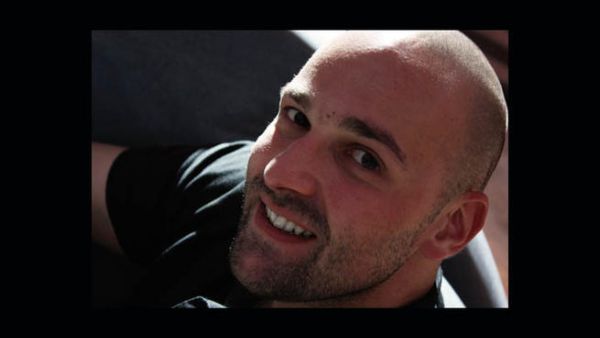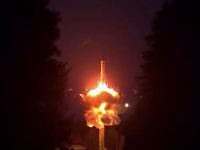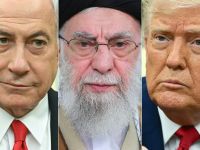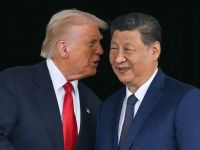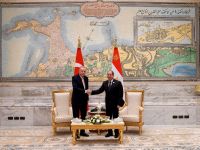A new venture by the organisers of Sikka Art Fair is making life easier for local musicians in a city with high living costs and fewer opportunities to experiment.
Emerging Emirati and UAE-based musicians have been recording original songs for a new compilation CD, the first of its kind to be launched as part of the Sikka Art Fair, which was organised by the Dubai Culture and Arts Authority in March this year.
Sikka Score Vol.1 was launched on Monday night at Ductac’s Kilachand Studio, with live performances from bands involved including As Per Casper, Beatbox Ray, Nada Dada, Fables of Cantt, Layla Lacole, Harrison Rice, Noush like Sploosh, Sach Holden, Shay, Valentin Spasov and ‘Them’.
‘Them’ keyboardist Rami Kayyali, who is half Syrian and half Russian, said it was a good opportunity to have a bit of fun.
“You get good creative freedom...as long as it wasn’t against the law, you could perform what you want, so that was quite exciting.”
The four-piece band had been together for a couple of years now, and mainly played freelance gigs for friends and local venues.
This was their first recording.
“All of us have full-time jobs, travel a lot and live quite far away so it’s quite a challenge to get together on a regular basis.”
Kayyali, who runs his own software company, said it was slightly harder to be a musician here.
“There is a big underground scene, but not as big as (say) London or New York where people can afford to live in their mom’s garage for five years and struggle in an unknown bar until they make it.
“Unless you’re employed or own an apartment, it’s tough to stay here. Most musicians are either students or full-time employees. “When you paint, sculpt or physically create something, people are happy to pay for a tangible product ... but for musicians, the most tangible product is a concert.
“We get a lot of corporate gigs, but not a lot of space to experiment. But that has been changing for the last couple of years, and I think a lot of people are beginning to realise that musicians need to get paid.”
There were also some legislative difficulties here, unlike a city such as London where you could “pick up an instrument and go on stage almost anywhere”.
“If you sing badly, the audience will kick you out, not the law.
Here you need permissions and licences.”
However, this was beginning to improve, following in the steps of more relaxed laws for artists, galleries and art businesses, he said.
Kayyali wrote the band’s song, entitled Groovy Number 4, for the CD. The band’s influences include acoustic, down-tempo trippy ambient, electronic, heavy metal, jazz and Bach or — as guitarist Neel Paktar described it to the festival’s music producer, Dubai-based Jordanian musician Kamal Musallam — “a continuum between Bach and Jimi Hendrix”.
Dubai resident Carla Saad, of the “RnB and alternative” duo As per Casper, said the “insight, feedback and guidance” had been invaluable for her and band member Sebrina Riley, who were working on putting together an album.
Saad, who works as a financial analyst, said she did not believe musicians she knew in other cities such as London had any more opportunities than here. “It is a small scene here, but it’s pretty good. It’s what you make of it.”
Dubai Culture and Arts Authority visual arts manager Khalil Abdulwahid said the move to include musicians, performance artists, and films in the fair this year showed how the festival and arts scene was developing.
“We are trying to show more support for artists in the UAE, and give a new platform for musicians here.”
The process gave these artists, most of whom had never recorded in a studio before, the opportunity to learn and see how to promote themselves, he said.
At the launch, Musallam said he would like to invite more Arabic musicians to take part next year.
“We have a tradition and (Arabic) sound in this region we need to hear and push.”
While the music industry had suffered because of downloading and other pressures, musicians needed to keep making music regardless — and Sikka was the perfect starting point to go on to release their own album, he said.
The CD will be available for purchase at next year’s Sikka Art Fair.


